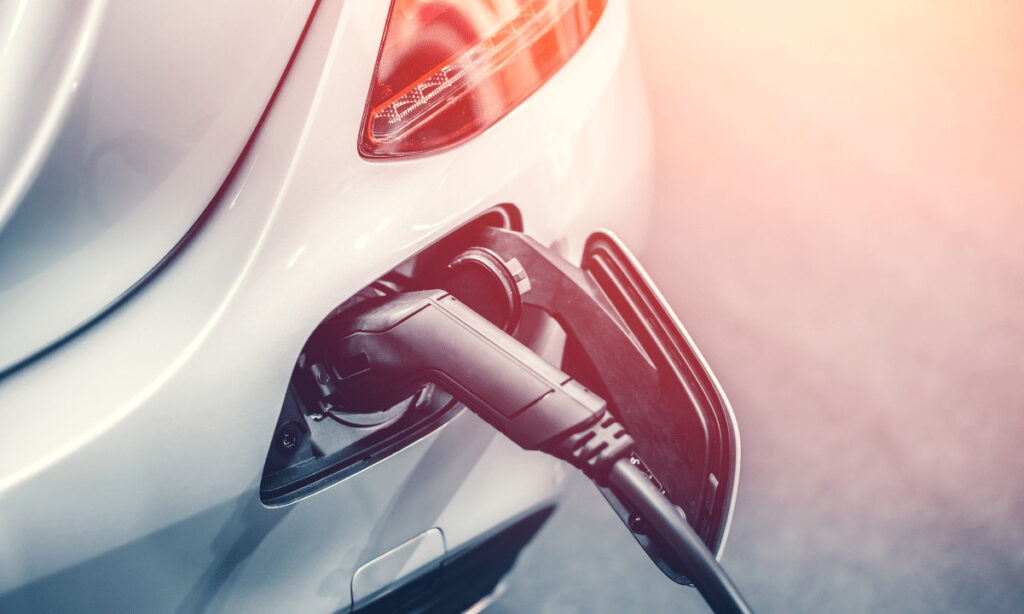The European Central Bank (ECB) has voiced concerns about the significant carbon footprint of Proof-of-Work (PoW) mining while hinting at a possible ban on such crypto assets, including Bitcoin, by 2025.
In a paper published earlier this week, the bank’s researchers argued that Bitcoin and Ethereum have a significant carbon footprint and consume similar amounts of energy annually to mid-sized countries, such as Spain and Austria, every year.
The experts also talked about Proof-of-Stake (PoS), a consensus mechanism that addresses the energy consumption issues of PoW. According to the report, a PoS-based cryptocurrency would only require the same amount of energy consumed by a small U.S. town of about 2,100 homes.
PoW is the Crypto Version of Fossil Fuel Cars
The paper noted that Bitcoin’s benefit to society is “doubtful,” but blockchain may have potential merits and use cases. Using an analogy, ECB experts described PoW as the crypto version of fossil fuel cars and PoS as electric vehicles, adding that:
“It is difficult to see how authorities could opt to ban petrol cars over a transition period but turn a blind eye to bitcoin-type assets built on PoW technology.”
The researchers stated that authorities must decide whether to encourage the use of PoS or restrict or ban PoW.
ECB: Bitcoin Unlikely to Migrate to PoS
Although blockchains such as Ethereum are already working on transitioning from Proof-of-Work to Proof-of-Stake, with the process expected to be completed by 2023, ECB experts believe it is “unlikely” for Bitcoin to migrate to PoS soon due to the lack of “community consensus” among its stakeholders.
Nonetheless, the paper stated that transitioning to renewable energy requires political and social choices on energy sources and consumption. According to the experts, such decisions from policymakers would favor some activities and pose risks to the value of crypto assets.
“It is unlikely that bitcoin investors have currently priced in the negative ecological externalities and authorities’ possible policy measures.”
The report also argued that PoW-based crypto assets are incompatible with environmental, social, and governance (ESG) objectives; thus, investors must examine if investing in specific cryptocurrencies aligns with their ESG investment strategy.
This is precisely why electric car manufacturer Tesla stopped accepting Bitcoin as payment for goods and services in May 2021. According to Tesla CEO Elon Musk, the company would resume BTC payments once Bitcoin miners start utilizing more than 50% green energy for their operation.
Meanwhile, the ECB recently called for urgent regulation of stablecoins after the crash of Terra’s algorithm’s stablecoin UST. However, the proposed MiCA laws, which would regulate cryptocurrencies and possibly ban PoW mining, now have a new target date of 2025.
Binance Free $100 (Exclusive): Use this link to register and receive $100 free and 10% off fees on Binance Futures first month (terms).
PrimeXBT Special Offer: Use this link to register & enter POTATO50 code to receive up to $7,000 on your deposits.


